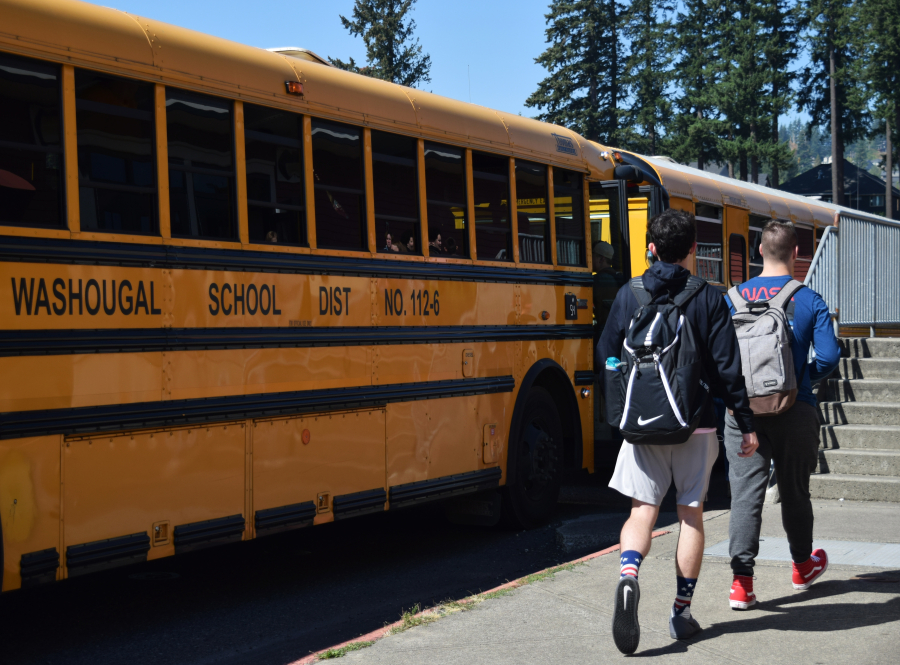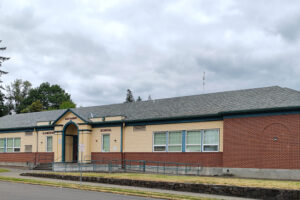The Washougal School District (WSD) is balancing its budget for the 2019-20 school year by increasing its maintenance and operations levy, identifying spending efficiencies and using more than $800,000 of reserve funds.
The district’s $45.8 million 2019-20 budget, presented to school board members during their Aug. 13 meeting, is expected to be adopted at the board’s Aug. 27 meeting.





